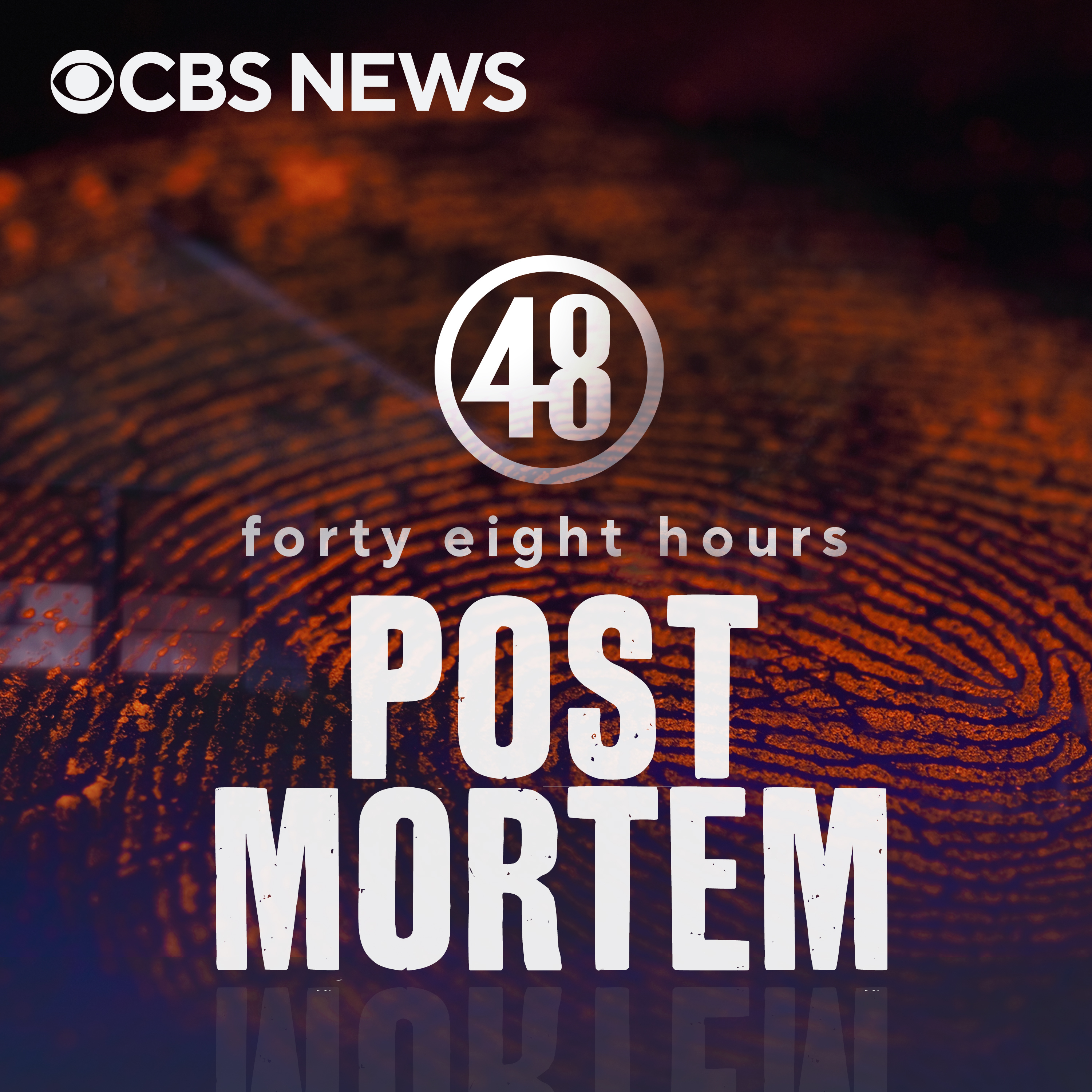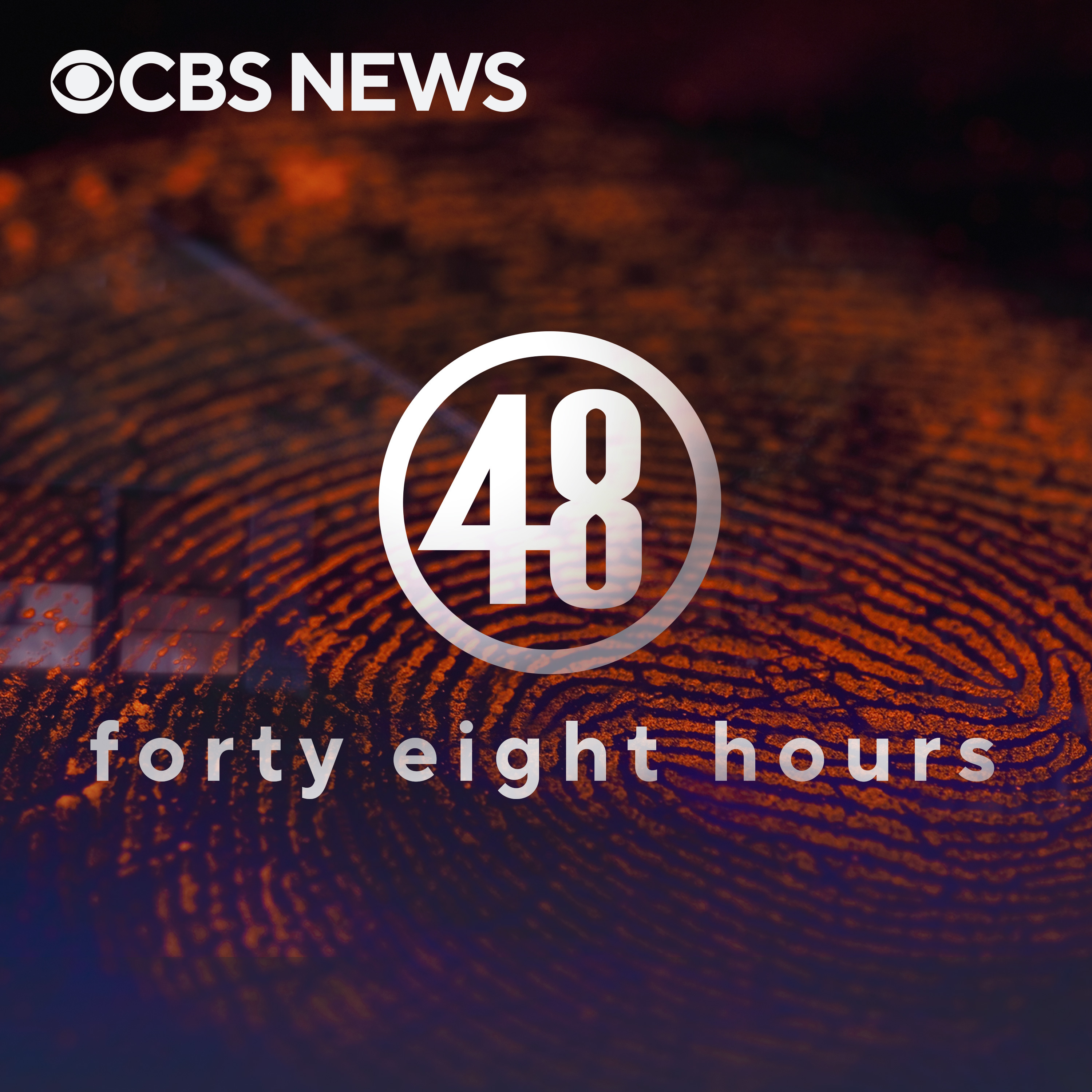
Key Insights
Why did first responders question Matthew Ecker's authenticity when he claimed Alex shot herself?
First responders noticed that Ecker was not producing real tears, which they found suspicious. They questioned whether his grief was genuine.
Why did detectives find the position of Alex's body in the bathroom suspicious?
Detectives found it suspicious that Alex's legs were straddled around the door, suggesting a struggle rather than a self-inflicted gunshot.
Why did Matthew Ecker's family believe he was innocent despite the evidence against him?
Ecker's family believed he was innocent because they felt his character and his history of helping people were not fully presented in the trial. They also thought he should have testified to tell his side of the story.
Why did Shane Anderson, Alex's boyfriend, agree to the interview despite his initial reluctance?
Shane agreed to the interview to honor Alex and to process his emotions, as he wanted to respond to the allegations and tell his side of the story.
Why did detectives find Ecker's behavior with the gun suspicious?
Ecker's behavior with the gun was suspicious because he admitted to moving it, first putting it in his suitcase and then placing it back on Alex's body, which raised questions about his motives.
Why was Matthew Ecker's financial support and prescription of drugs to Alex considered unusual?
Ecker's financial support and prescription of drugs to Alex were considered unusual because it raised questions about the nature of their relationship and his motives, especially since Alex was not his patient.
Why was the inability to access Alex's phone a significant issue in the investigation?
The inability to access Alex's phone was significant because it prevented investigators from seeing her text messages, which could have provided crucial information about her interactions and state of mind before her death.
Chapters
- Matthew Ecker llamó al 911 e informó que Alex Pennig se había disparado a sí misma.
- Los primeros intervinientes cuestionaron la autenticidad del dolor de Ecker.
- La familia de Alex creyó que Ecker estaba fingiendo su dolor.
- La familia de Ecker argumentó que la falta de lágrimas no indicaba necesariamente una falta de dolor.
Shownotes Transcript
CBS News Correspondent Natalie Morales and 48 Hours Producer Betsy Shuller go behind their report on the murder of Alex Pennig. When Alex was discovered dead in her bathroom her friend, Matthew Ecker, called 9-1-1 and claimed she shot herself, but detectives uncovered a different story. The team discusses the bodycam footage of first responders interviewing Ecker just minutes after Alex's death, the conflicting evidence surrounding who fired the gun, and the unusual friendship between Alex and Ecker.
See Privacy Policy at https://art19.com/privacy) and California Privacy Notice at https://art19.com/privacy#do-not-sell-my-info).

